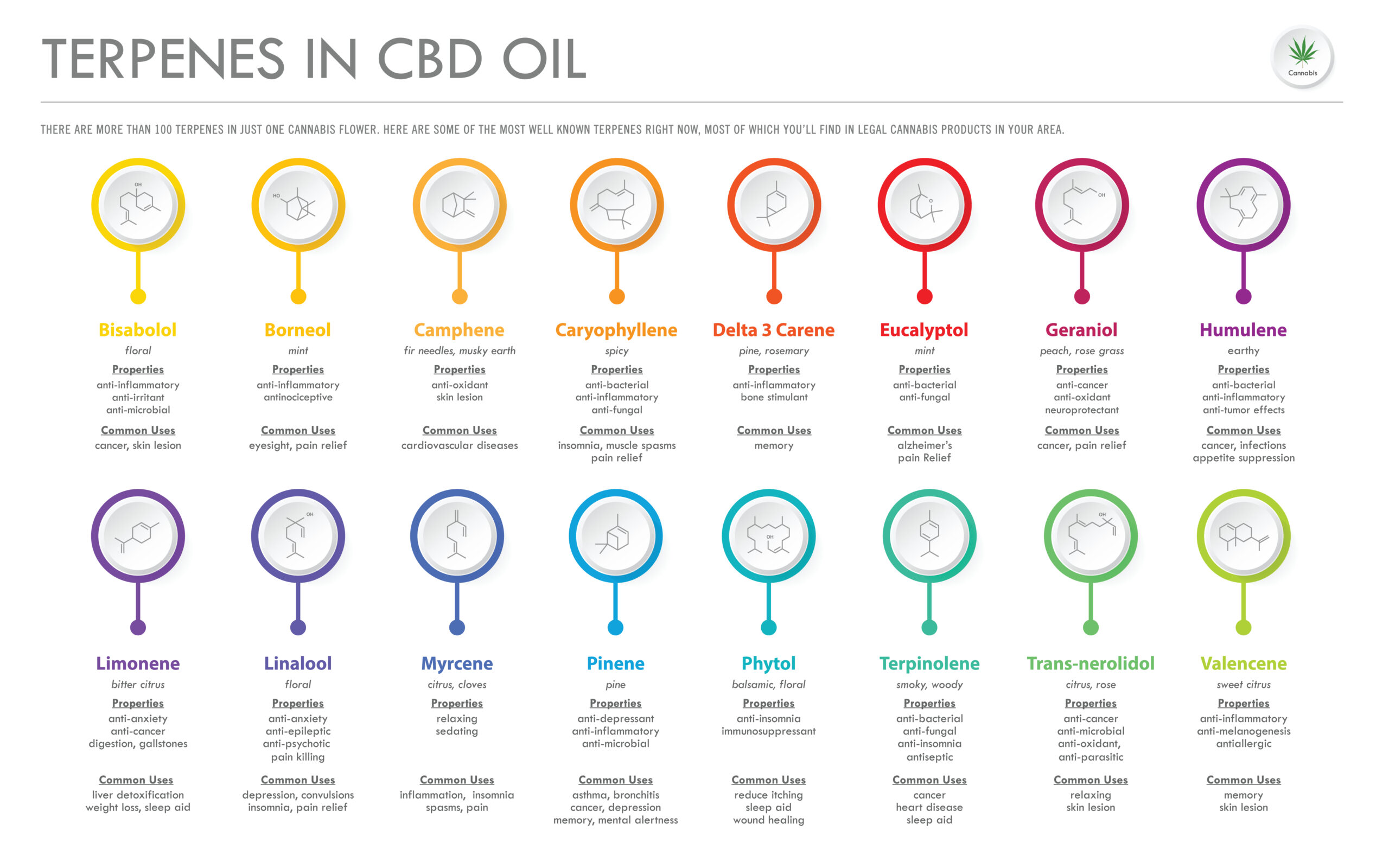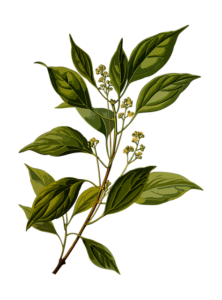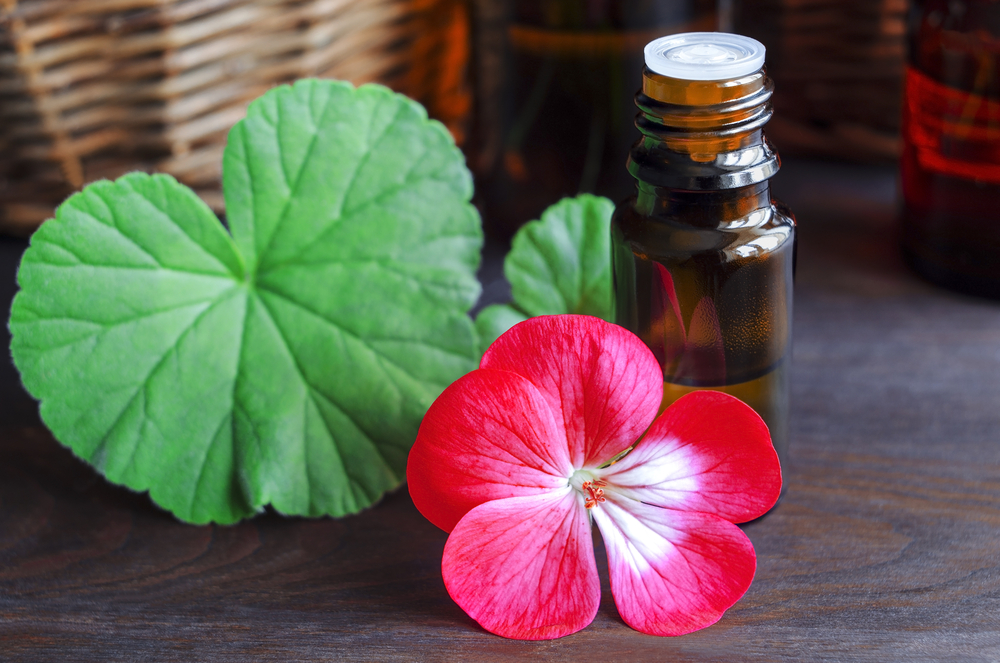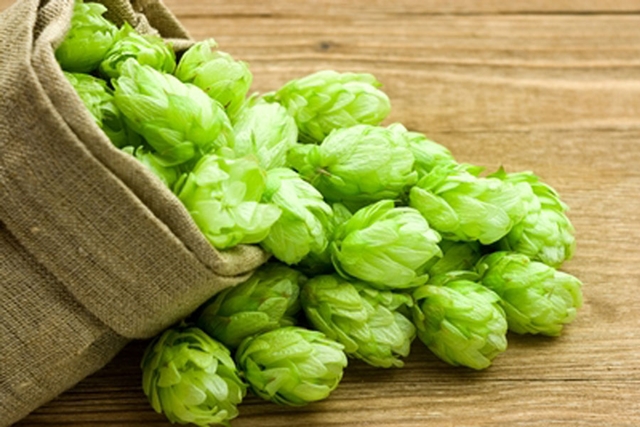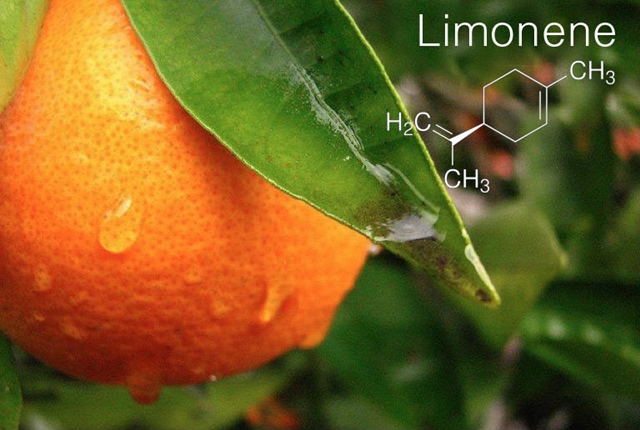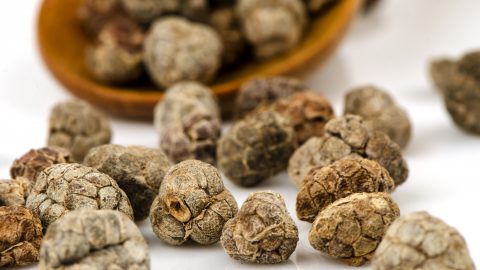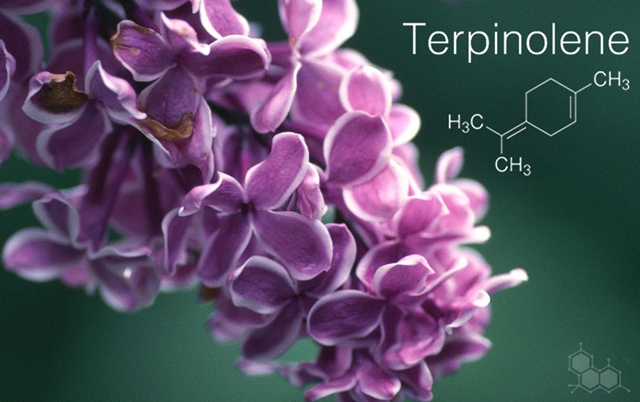What is Linalool?
Linalool is a monoterpenoid and has been described as having floral and lavender undertones. Varieties high in linalool promote calming, relaxing effects. Linalool has been used for centuries as a sleep aid. Linalool lessens the anxious emotions provoked by pure THC, thus making it helpful in the treatment of both psychosis and anxiety. Studies also suggest that linalool boosts the immune system; can significantly reduce lung inflammation; and can restore cognitive and emotional function (making it useful in the treatment of Alzheimer’s disease).

The terpene linalool is made within the same shiny, resin-filled glands (trichomes) covering cannabis flowers as THC and CBD. Linalool is also found in over 200 plant species aside from cannabis. Some of the plants in which linalool is commonly found include: coriander, basil, oregano, green tea, nutmeg, sage, thyme, lemons, and mandarin oranges. However, linalool is perhaps most recognizable in lavender and is known for lavender’s pleasant, floral scent. In addition to its appealing aroma, linalool has been linked to a number of health benefits.
Anti-inflammatory and pain-reducing effects
Linalool exhibits properties associated with an anti-inflammatory agent. According to an animal study published in the Journal of Phytomedicine in 2002, linalool plays a “major” role in anti-inflammatory activity. A 2003 study found that mice given a linalool dose of 25 to 75 mg/kg displayed significant pain reduction.
Anti-anxiety effects
Researchers from Japan recently studied the effect of linalool on mice. They found that exposure to linalool vapor reduced anxiety through the sense of smell; not by absorption into the bloodstream via the lungs. Researchers also observed that linalool did not impair muscle coordination, unlike some prescription anti-anxiety drugs.
Effects on sleep
It’s no surprise that linalool is also known for promoting sleep given lavender’s reputation for its relaxation effects. Investigators in 2009 examined the sedative effects of inhaled linalool on mice. The study found one hour of inhaled linalool resulted in drowsiness. Again, linalool didn’t affect muscle coordination the way prescription drugs for sleep potentially can.
Effects on Alzheimer’s Disease
Alzheimer’s disease is known for a build up of protein plaques in the brain causing memory and communication problems. A study published in 2016 in the journal of Neuropharmacology examined the effect of linalool in a mouse model of Alzheimer’s. Researchers gave mice linalool by mouth for 3 months. The study found that linalool reversed the plaque build up in mice brains and improved memory through an anti-inflammatory effect.
Conclusion
Linalool, the primary terpene in lavender and one of the more common terpenes in cannabis, can be taken orally, applied topically, or inhaled. It can be used to treat inflammation and pain, anxiety, and difficulty sleeping. Animal studies also suggest linalool may one day play a role in the treatment of Alzheimer’s disease. However, as with all compounds in the cannabis plant, more research is needed. And with further research comes expectations for the discovery of therapeutic benefits currently unknown.
References
Peana A et al; Anti-inflammatory activity of linalool and linalyl acetate constituents of essential oils; Phytomedicine; 2002 Dec; 9(8): 721-726.
Peana A et al; Linalool produces antinociception in two experimental models of pain; European Journal of Pharmacology; 2003 Jan; 460(1): 37-41.
Harada H et al; Linalool Odor-Induced Anxiolytic Effects in Mice; Frontiers in Behavioral Neuroscience; 2018 Oct; 12: 241.
Linck V et al; Inhaled linalool-induced sedation in mice; Phytomedicine; 2009 Apr; 16(4): 303-307.
Sabogal-Guaqueta A et al; Linalool reverses neuropathological and behavioral impairments in old triple transgenic Alzheimer’s mice; Neuropharmacology; 2016 Mar; 102: 111-20.
https://www.royalqueenseeds.com/blog-cannabis-terpenes-linalool-n674
https://pubchem.ncbi.nlm.nih.gov/compound/Linalool
https://www.ncbi.nlm.nih.gov/pubmed/26983194
https://www.ncbi.nlm.nih.gov/pmc/articles/PMC5437114/
Author Bio
Dr. Wright Penniman M.D. is a board certified family physician with 15 years of clinical experience and 4 years of experience as a medical director with a major health insurance company.
Article written by Dr. Wright Penniman M.D.
What are Terpenes Series? Read More…
-
What are Terpenes?
What are Terpenes? Cannabis has a unique smell and terpenes are essential oils that give the many strains of...
-
What is Bisabolol? Alpha-bisabolol?
What is Bisabolol? Bisabolol is naturally present in German Chamomile (Matricaria chamomilla or Matricaria recutita) and the bark of the...
-
What is Borneol?
What is Borneol? Borneol is a terpene valued for its woody, camphor-like aroma. It is derived from a member...
-
What is Camphene?
What is Camphene? Camphene is monoterpene which emits pungent odors of damp woodlands and fir needles. Camphene may play...
-
What is Carene? Delta 3 Carene?
What is Carene? Carene is a bicyclic monoterpene with a scent similar to lemon, musk, and pine. It is...
-
What is Caryophyllene? Beta-caryophyllene (BCP)?
What is Caryophyllene? Caryophyllene is present in many herbs and spices; including black pepper, basil, and oregano, and cannabis....
-
What is Eucalyptol?
What is Eucalyptol? Eucalyptol is the primary terpene of the eucalyptus tree. It is also known as cineole. It...
-
What is Geraniol?
What is Geraniol? Geraniol produces a sweet, delightful smell similar to roses. This makes geraniol a popular choice for...
-
What is Humulene?
What is Humulene? Humulene is a sesquiterpene also known as α-humulene and α–caryophyllene; an isomer of β–caryophyllene. Humulene is...
-
What is Limonene? D-Limonene?
What is Limonene? Limonene is a monoterpenoid and one of two major compounds formed from pinene. As the name...
-
What is Linalool?
What is Linalool? Linalool is a monoterpenoid and has been described as having floral and lavender undertones. Varieties high...
-
What is Myrcene?
What is Myrcene? Myrcene, specifically β-myrcene, is a monoterpene and the most common terpene produced by cannabis (some varieties...
-
What is Nerolidol? Trans-Nerolidol?
What is Nerolidol? Nerolidol aka trans-nerolidol is a terpene found in many strong aromatic plants such as jasmine, tea...
-
What is Phytol?
What is Phytol? Phytol is grassy and balsamic in odor. It is naturally produced in green tea. Cannabis leaves...
-
What is Pinene? Alpha-pinene? Beta-pinene?
What is Pinene? Pinene is one of the most common terpenes in the plant world and is produced in...
-
What is Terpinolene?
What is Terpinolene? Terpinolene is a common component of sage and rosemary and is found in the oil derived...
-
What is Terpinene?
What is Terpinene? Terpinene is classified as a monoterpene. Alpha-terpinene (a-terpinene) derives naturally from cannabis and other plant sources,...
-
What is Terpineol?
What is Terpineol? Terpineol can refer to any combination of four monoterpene alcohol isomers (the most common of which...
-
What is Valencene?
What is Valencene? Valencene is a sesquiterpene that produces aromatic sweet, citrus, herb, and woody notes. Like Limonene, it...
